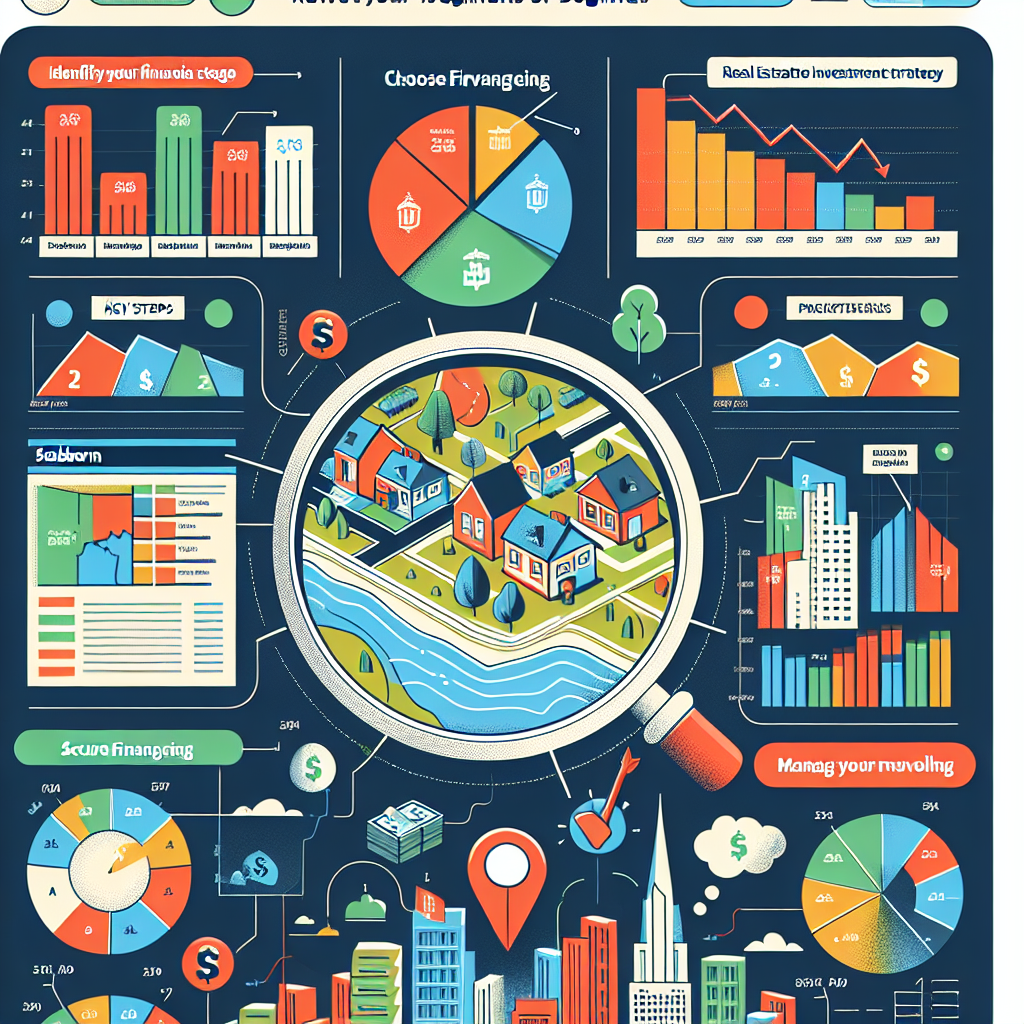Sustainable Investing Strategies: Making a Positive Impact on the Planet and Your Portfolio
Introduction
Investing has traditionally been solely focused on financial returns, but in recent years, there has been a growing interest in sustainable investing strategies. These strategies not only aim to generate profits but also promote environmental, social, and governance (ESG) factors. By incorporating sustainability into investment decisions, individuals and institutions can make a positive impact on the planet while also potentially achieving attractive financial returns.
Understanding Sustainable Investing
Sustainable investing, also known as socially responsible investing (SRI) or ethical investing, involves considering ESG factors when making investment decisions. ESG factors refer to a range of environmental, social, and governance issues that can impact the long-term sustainability and success of a company.
Types of Sustainable Investing Strategies
1. ESG Integration
ESG integration involves analyzing a company’s ESG performance and incorporating this analysis into traditional financial analysis. By considering ESG factors alongside traditional financial metrics, investors can gain a more comprehensive view of a company’s potential risks and opportunities.
2. Impact Investing
Impact investing aims to generate measurable positive social or environmental outcomes alongside financial returns. Investors actively seek out companies or projects that align with their values and have a clear mission to address specific social or environmental challenges. This strategy allows investors to directly contribute to positive change while growing their wealth.
3. Thematic Investing
Thematic investing focuses on investing in specific themes or sectors that contribute to sustainability. Examples include renewable energy, clean technology, water scarcity solutions, or sustainable agriculture. By investing in companies that are at the forefront of these themes, investors can support innovation and growth in sustainable industries.
4. Exclusionary Screening
Exclusionary screening involves excluding certain industries or companies from an investment portfolio based on specific criteria. For example, an investor may choose to avoid companies involved in tobacco, weapons, or fossil fuels. By excluding these industries, investors can align their investments with their values and avoid supporting activities they find objectionable.
Benefits of Sustainable Investing
Sustainable investing offers several benefits beyond financial returns:
1. Positive Impact
By investing in companies that prioritize ESG factors, investors can contribute to positive environmental and social change. This can include reducing carbon emissions, promoting gender diversity, or supporting fair labor practices. Sustainable investing allows individuals to align their investments with their values and actively participate in building a better future.
2. Long-Term Risk Management
Considering ESG factors can help investors identify and mitigate potential risks. Companies with strong sustainability practices are often better equipped to navigate challenges such as regulatory changes, resource scarcity, or reputation risks. By investing in sustainable companies, investors can potentially reduce their exposure to these risks.
3. Financial Performance
Contrary to the belief that sustainable investing sacrifices financial returns, numerous studies have shown that companies with strong ESG performance tend to outperform their peers over the long term. By integrating sustainability into investment decisions, investors can potentially achieve attractive financial returns while making a positive impact.
Conclusion
Sustainable investing strategies offer investors an opportunity to align their financial goals with their values. By considering ESG factors, investors can support companies that are actively working towards a more sustainable future. Whether through ESG integration, impact investing, thematic investing, or exclusionary screening, individuals and institutions have the power to make a positive impact on the planet while potentially achieving attractive financial returns.



